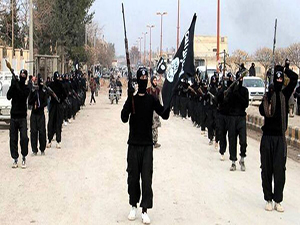 While President Barack Obama is contemplating what to do, if anything, about ISIS/L (now called the Islamic State or IS) as well as recovering from the “hug-out (what a ridiculous phrase)” in Martha’s Vineyard with former Secretary of State Hillary Clinton after her pointed criticism about the White House’s lack of a strategy in Iraq, he ought to consider the consequences, intended or otherwise, of deferring or taking strong action in Iraq. History is full of useful examples that are relevant today to dealing with IS one way or another.
While President Barack Obama is contemplating what to do, if anything, about ISIS/L (now called the Islamic State or IS) as well as recovering from the “hug-out (what a ridiculous phrase)” in Martha’s Vineyard with former Secretary of State Hillary Clinton after her pointed criticism about the White House’s lack of a strategy in Iraq, he ought to consider the consequences, intended or otherwise, of deferring or taking strong action in Iraq. History is full of useful examples that are relevant today to dealing with IS one way or another.Consider 1947, 1948 and 1949. In 1947, Britain granted India independence and partition that created East and West Pakistan. Over a million people were killed in that transition. Today, one wonders how different the world might have been had Britain had kept India whole.
In 1948, against the advice of Secretary of State General George Marshall, President Harry Truman recognized the state of Israel. But suppose Israel had not been created then or had been given a slice of territory not buried within the heart of the Arab world.
In 1949, the North Atlantic Treaty Organization (NATO) was created. NATO has become the most successful military alliance in history. Without NATO, who knows how the Cold War would have been resolved. But, by any account, NATO has been a complete success.
In the past decade, perhaps two inflection points will prove as critical as did the years 1947, 48 and 49: 2001 and the attacks on the Pentagon and New York’s Twin Towers that produced the war on terror and 2003 and the invasion of Iraq. The war on terror led to the overthrow of the Afghan Taliban. But Afghanistan is descending into chaos and possibly civil war. How different the world might have been if bringing Osama bin Laden to justice was the objective, and not nation-building Afghanistan.
Iraq is likewise in chaos. The central issue is how or whether to deal with IS. IS has practiced a combination of Bolshevik ruthlessness and cunning in governing the massive territory it now occupies in Syria and Iraq and the German blitzkrieg in which relatively small forces overwhelmed much larger Iraqi security forces by rallying or coercing the Sunni populations to submit to IS control or literally die.
For the moment, IS is not a direct threat to the U.S. or to Europe. But that moment is fleeting. The more time IS has to consolidate its gains and entrench itself in the territory it controls, the more difficult it will be to dislodge. Indeed, short of a major ground assault or internecine warfare that tears it apart, IS is likely to be around for the long haul.
Further, as IS controls courts, commerce and schools along with electricity, food and water allocations, IS is also scooping up millions of dollars a day through the sale of oil, wheat and other agricultural products. And unlike al Qaeda in Iraq seven or eight years ago, IS possesses top line U.S. military equipment including Abrams tanks and Bradley fighting vehicles liberated from Iraqi forces. Perhaps IS lacks technical capability to maintain these advanced weapons, a small bright spot in an otherwise bleak horizon.
The Obama administration has signaled that it will give the new Iraqi government ample time to assume the reins of power before considering any major action. That will be a long process measured in months at best. And time is not on the side of those opposing IS.
What is needed now is a coordinated, international strategy to contain and ultimately to roll back IS. The U.S. cannot go it alone. Nor is it likely that the U.S. will consider using ground forces absent a catastrophic event such as a September 11th like attack in Europe or America.
Despite allegations of war weariness, the U.S. public is not blind to looming disaster. Surely, the UN could pass additional resolutions designating IS a major threat and authorizing coalitions of the willing to act accordingly. Those coalitions could form around political, economic and military objectives and need not require common membership.
NATO, the EU, the Arab League and possibly Iran, Russia and China could be engaged. If IS is not dealt with and dealt with soon, we will regret and pay dearly for that failure. As 1947 and 1948 resulted in many unwanted and unintended consequences, so too will absence of strong action now to neuter IS. Rather than create a new NATO which is out of the question, international action against IS can work. But will Mr. Obama realize that? The world wonders.

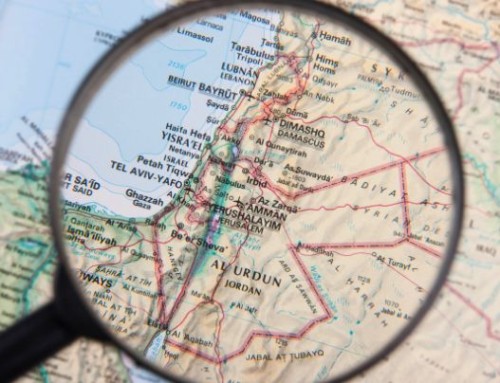
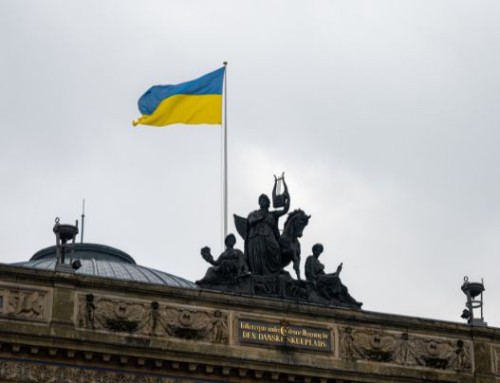
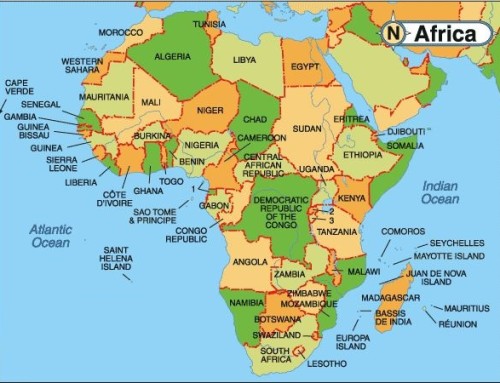
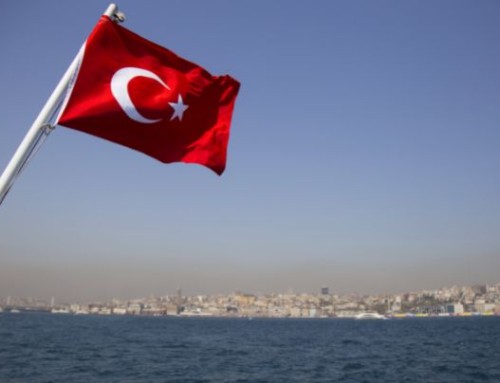
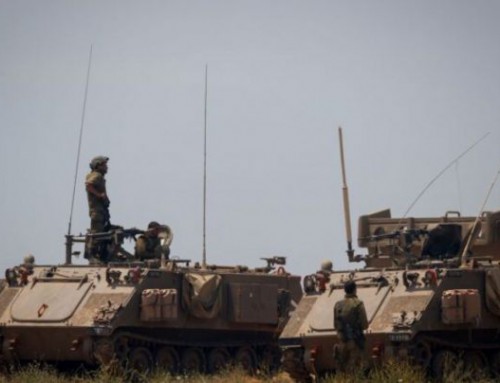
Comenteaza